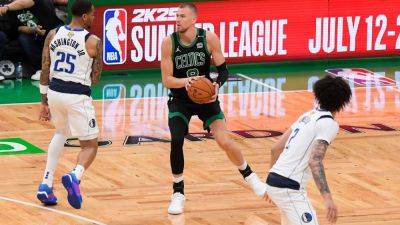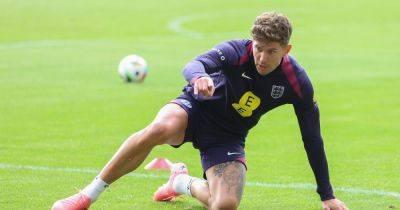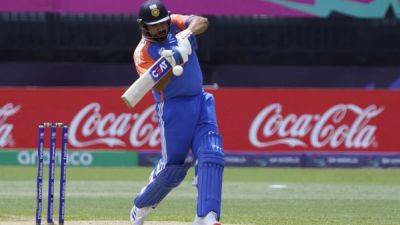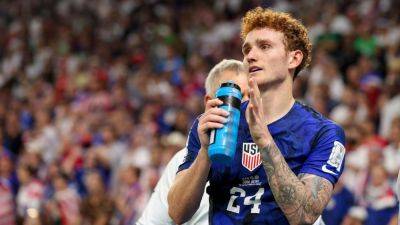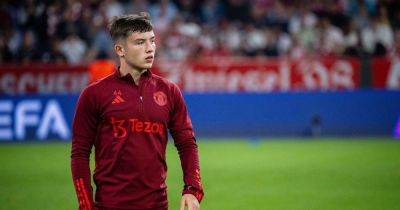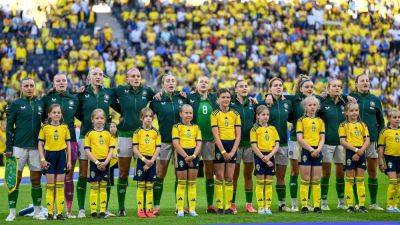Battle of wounded knee: Cruciate injuries an issue for GAA
There has been no escaping reports of cruciate injuries in the GAA this week.
Mayo's captain Paddy Durcan sustained a season-ending cruciate ligament injury in the last two minutes of his side's victory over Cavan on Saturday.
On Thursday it was reported Armagh's Aimee Mackin would be unavailable for the Orchard County's championship season after being subbed halfway though the second half of their nail-biting Ulster final win over Donegal. Mackin's side went on to win by just one point in injury time.
This is the second time the three-time All-Star has been sidelined by an injury of that nature.
Younger sister Blaithín is also on her way back from a cruciate injury and it begs the question what are the reasons for a seemingly exponential increase of these types of knee injuries.
Durcan and the Mackins are not alone.
Evan Comerford, Paddy Lynch, Paudie McGrogan and Barry O'Hagan are others who have suffered knee injuries recently, and that is by no means an exhaustive list.
Given the situation in the Mackin household genetics is a possible factor, but gender has also been a suggested theme.
There has been a swathe of articles on the topic but the spotlight of this issue has firmly been on women's soccer in recent years.
When asked about the injury at the squad announcement on Wednesday, women's national team coach Eileen Gleeson said it is a concern: "It is great to see more research being announced.
"It is a very complex issue, the female game and female athletes have very different needs to males.
"We all know research in sports is predominantly on males so that needs to change. It needs to be specific, and then we can build out from there and be preventative, and really take care of the detail of what programmes and environments



